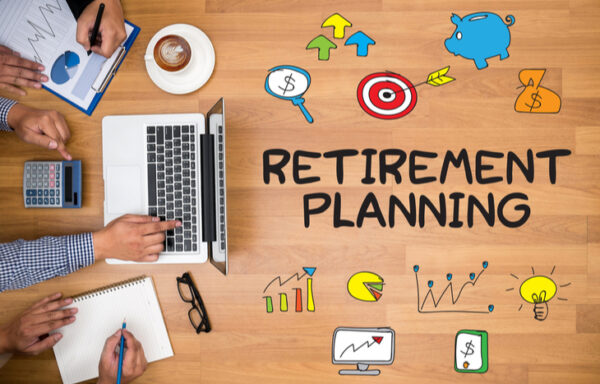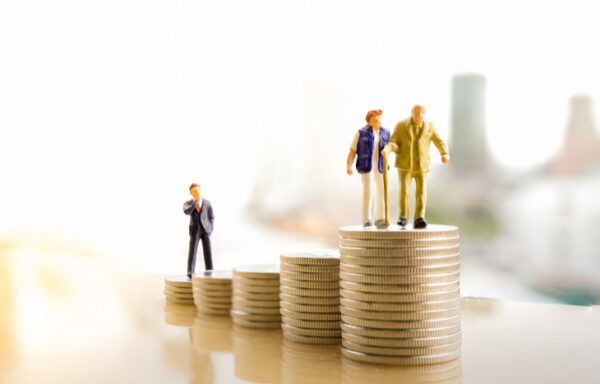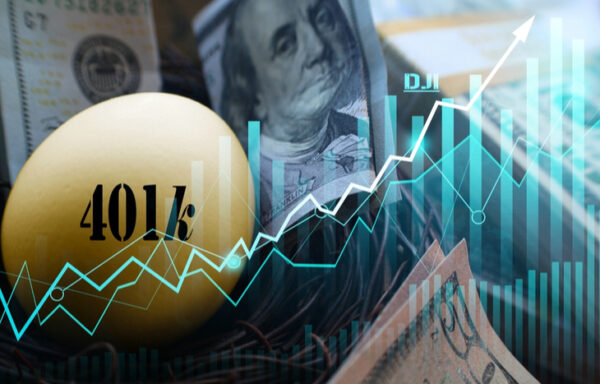The Real Impact of Coronavirus
Greed was the dominant mood on Wall Street at the start of 2020. Now fear has entered the room.
U.S. stocks slipped last week, and global markets tumbled Monday amid growing concern about a new strain of coronavirus and its potential to derail the global economy.
Before going further, I acknowledge it is grotesque to discuss money when people’s lives are in danger. But it’s important to understand that the market doesn’t exist in a vacuum, and when crises hit around the world there is bound to be financial fallout as well.
The death toll from the outbreak hit 80 on Sunday in China, where more than 2,800 cases have been confirmed by local authorities so far.
As of this writing, five cases of coronavirus have been confirmed in the U.S. Several other countries have confirmed at least one case, including France, Australia, Canada, South Korea and Thailand.
According to the World Health Organization, 90% of the coronavirus patients outside of China had traveled through Wuhan, where the disease started.
In an effort to stem the disease’s spread, China has restricted travel for nearly 50 million of its citizens. For perspective, that’s roughly the same amount of people who live in the Boston-to-Washington corridor.
This comes as bad timing when China’s weeklong Lunar New Year started Saturday. Traditionally, it’s a time when millions of Chinese citizens travel to visit friends and family. But Chinese officials are limiting travel in an effort to stem the spread of the disease.
Over the weekend, Chinese President Xi Jinping warned the country is facing a “grave situation” due to the “accelerating spread” of coronavirus.
Xi’s admission was refreshing for its candor. But it also rattled global investors.
China’s economy is the world’s second largest, and it’s already hurting from the trade war with the U.S. And when the Chinese economy suffers, it has ramifications across the globe.
Analysts estimate the 2003 SARS outbreak cost the global economy $40 billion. The economic impact from coronavirus could be far worse because China’s economy is even more important to the global one now than it was then.
Also, the Hubei province where Wuhan sits is an important hub of global commerce.
According to Bloomberg, 44 U.S. companies and 40 European firms have manufacturing facilities in the region, including PepsiCo (Nasdaq: PEP), Honda Motor Company (NYSE: HMC) and Germany’s Siemens (OTC: SIEGY).
Here’s a glimpse at the business fallout so far:
- The Walt Disney Company (NYSE: DIS) is closing its theme park in Shanghai.
- McDonald’s (NYSE: MCD) is closing locations in five cities and checking employees’ health in other areas. Starbucks (Nasdaq: SBUX) is also closing some locations.
- Wynn Resorts (Nasdaq: WYNN) is screening guests at its Macao casino for fevers and has local employees wearing protective masks.
- United Airlines (Nasdaq: UAL) has been “coordinating closely with the CDC to ensure that [it’s] taking all the necessary steps to ensure that [its] customers and employees can travel safely,” CEO Oscar Munoz said on a January 22 conference call.
In addition, France’s Rémy Cointreau (OTC: REMYY) pulled its 2020 earnings guidance because of the uncertainty surrounding coronavirus. “Clearly we are concerned,” Chief Financial Officer Luca Marotta said on a conference call. “We do not have any scenarios on a quantified basis. It is evolving hour after hour.”
The saying “the market hates uncertainty” is a cliché for a reason. The unpredictable nature of a disease like this in a tightly connected global economy is certainly cause for concern.
That said, odds are that global health officials will get coronavirus under control sooner rather than later. Judging by recent history, the economic and market impacts of the outbreak will also be contained.
Starting with the 1981 HIV/AIDS epidemic, HORAN Capital Advisors analyzed more than a dozen global epidemics. They found the MSCI World Index was higher on average one, three and six months after the outbreaks started.
The 2014 Ebola outbreak was the worst in terms of market performance, with the index falling 11.8% in three months. But even amid that global scare, the index rebounded sharply and was down only 2% after six months.
As I explained last week, a 5% to 10% correction would be normal given the market’s spectacular gains last year – not to mention in the past decade!
The coronavirus scare may prove to be a trigger for such a decline. But it’s one that will likely prove to be temporary, even a buying opportunity.
Furthermore, there is money to be made by any company that can provide an antidote to coronavirus or otherwise relieve suffering. With this in mind, “Drugmakers are hustling to make a vaccine,” USA Today reports.
For example, AbbVie (NYSE: ABBV) said China is testing its HIV drug Aluvia as a potential treatment. Novavax (Nasdaq: NVAX) surged last week after announcing it is working on a vaccine.
Other names speculators are eyeing include Gilead Sciences (Nasdaq: GILD) and BioCryst Pharmaceuticals (Nasdaq: BCRX).
These companies’ swift response shows that both medical professionals and the market will be able to manage the challenges that come with the coronavirus outbreak. And just like our population, the economy will recover stronger.
About Aaron Task
Aaron is an expert writer and researcher who formerly served as editor-in-chief at Yahoo Finance, digital editor of Fortune, and executive editor and San Francisco bureau chief of TheStreet. You may have also seen him as a guest on CNBC, CBS This Morning, Fox Business, ABC News and other outlets.
A prolific writer and commentator, Aaron is the former host of Yahoo Finance’s video program The Daily Ticker. He has also hosted podcasts for Fortune (Fortune Unfiltered) and TheStreet (The Real Story). His latest on-air passion project, Seeking Alpha’s highly rated Alpha Trader podcast, features top Wall Street experts dissecting the market’s latest news and previewing significant upcoming events. He also regularly provides analysis for the free e-letter Wealthy Retirement, which we will be republishing here on Investment U.






